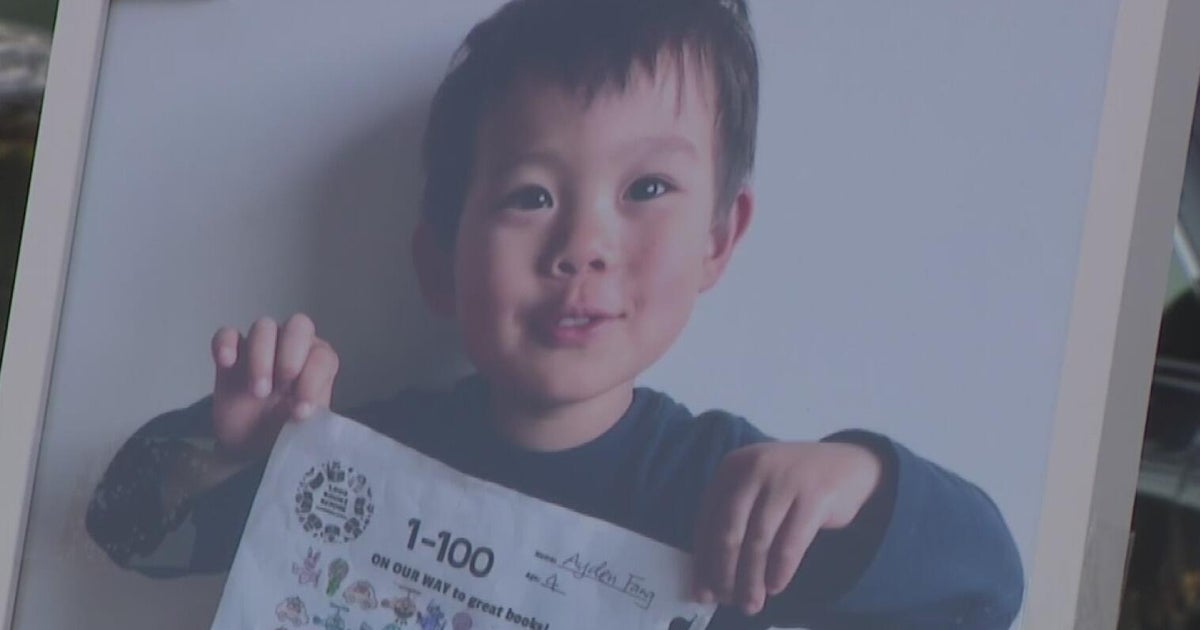First reported Ebola death in Uganda as outbreak spreads from neighboring Democratic Republic of Congo
A 5-year-old boy vomiting blood became the first cross-border victim of Ebola in the current outbreak on Wednesday, while two more people in Uganda tested positive for the highly contagious disease that has killed nearly 1,400 in the Democratic Republic of Congo.
The boy, part of a Congolese family who crossed into Uganda earlier in the week, died overnight, the World Health Organization said. Ugandan authorities said the two new cases are his 3-year-old brother and 50-year-old grandmother, who have been isolated at a hospital near the DRC-Uganda border. Uganda now has three confirmed Ebola cases.
Eight people had been in contact with the confirmed cases and are being followed up on, the Ugandan Ministry of Health said in a statement. Authorities are trying to determine how the family, exposed to the virus via a sick relative in the DRC, managed to cross a border where health officials have been screening millions of travelers for months. They said the family likely did not pass through official border points, where health workers screen all travelers for a high temperature and isolate those who show signs of illness.
The World Health Organization said an expert committee would meet on Friday in Geneva to discuss whether to declare the Ebola outbreak a global health emergency. The WHO committee has twice decided that the current outbreak, while of "deep concern," was not yet a global health emergency. International spread, however, is one of the major criteria the United Nations agency considers before such a declaration. Millions of travelers along DRC's border with Uganda and Rwanda have been screened for Ebola since the outbreak began. WHO has advised against travel restrictions.
This has become the second-deadliest Ebola outbreak in history since the first cases were declared in August.
Uganda's ministry of health appealed to people to take precautions to prevent Ebola from spreading further inside the country, including asking them to "suspend social norms like shaking hands and hugging."
Experts have long feared Ebola could spread to countries neighboring the DRC because of rebel attacks and community resistance there. Violence and mistrust hamper containment efforts there, as treatment centers are often attacked by militia groups, and people are either too scared or too suspicious to seek medical help, CBS News' Debora Patta reported. The virus can spread quickly via close contact with bodily fluids of those infected and can be fatal in up to 90% of cases.
But Ugandan health teams "are not panicking," Henry Mwebesa, a physician and the national director of health services, told The Associated Press. He cited the East African nation's experience battling previous outbreaks of Ebola and other hemorrhagic fevers.
"We have all the contingencies to contain this case," Mwebesa said. "It is not going to go beyond" the patient's family.
Uganda is more stable than eastern DRC, and for the first time an experimental but effective Ebola vaccine is being widely used, with more than 130,000 doses distributed. Uganda has vaccinated nearly 4,700 health workers, and WHO is shipping in another 3,500 vaccine doses this week for health workers and close contacts of those infected.
But Ebola has been especially feared in Uganda, where multiple outbreaks have occurred over the years. An outbreak in the north in 2000 infected 425 people and killed more than half of them.
The news of a first cross-border case is "tragic but unfortunately not surprising," said Dr. Jeremy Farrar with the Wellcome Trust, which is funding vaccine research in this outbreak. While Uganda is well-prepared with established surveillance, "we can expect and should plan for more cases in (the DRC) and neighboring countries. This epidemic is in a truly frightening phase and shows no sign of stopping anytime soon."





